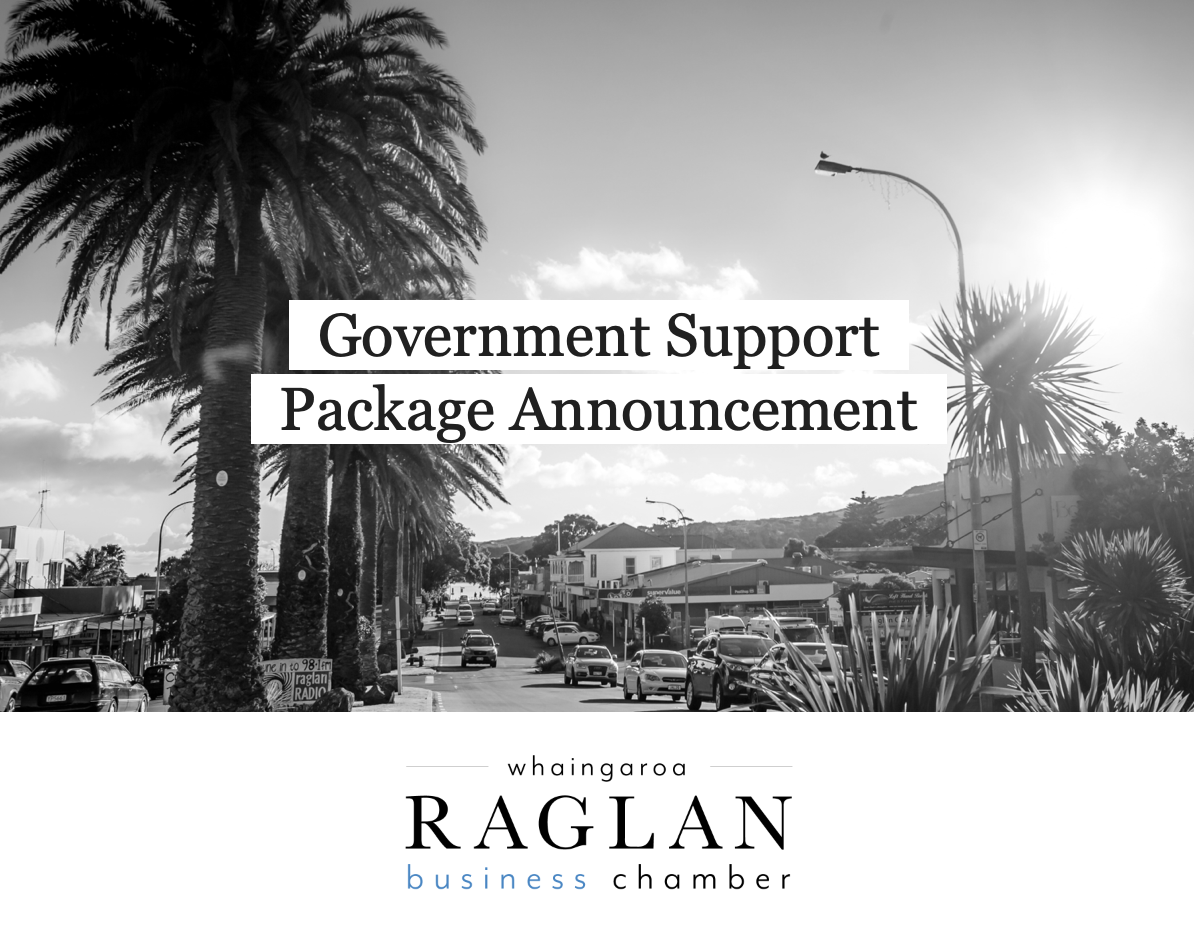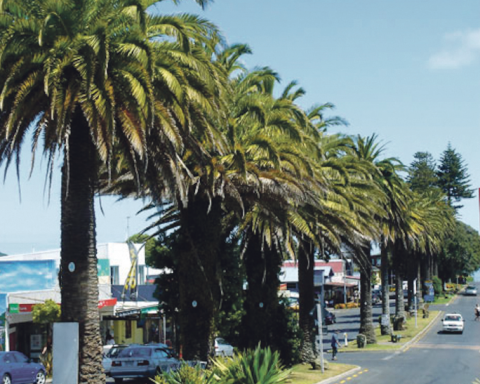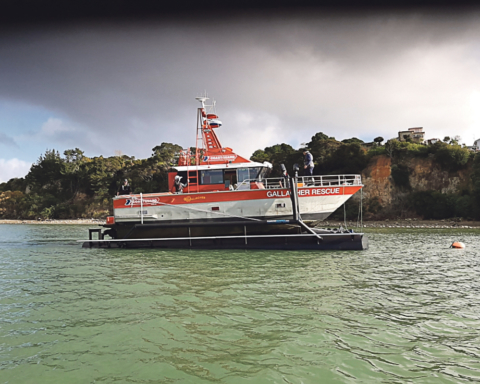The following was announced by Finance Minister, Grant Robertson earlier this week.
In summary:
$12.1 billion support for New Zealanders and business
$500 million boost for health
$8.7 billion in support for businesses and jobs
$2.8 billion for income support and boosting consumer spending
The $12.1 billion package includes:
Initial $500 million boost for health
$5.1 billion in wage subsidies for affected businesses in all sectors and regions, available from today
$126 million in COVID-19 leave and self-isolation support
$2.8 billion income support package for our most vulnerable, including a permanent $25 per week benefit increase and a doubling of the Winter Energy Payment for 2020
$100 million redeployment package
$2.8 billion in business tax changes to free up cash flow, including a provisional tax threshold lift, the reinstatement of building depreciation and writing off interest on the late payment of tax
$600 million initial aviation support package
This cash injection is on top of the $12 billion New Zealand Upgrade Programme that was announced in January. The Minister made it clear that this is not a one-off package, it is just the beginning. Towards economic recovery the Government will be constantly monitoring the situation and adjusting its response. As with every action we have taken we will be constantly reviewing every measure to ensure it is getting to the people and businesses that need it the most,” Grant Robertson said.
Government was also actively discussing working capital support for small and medium businesses and tailor-made support for larger and complex businesses. Finer details on specific components are:
Wage subsidies
The wage subsidies will be available for businesses in all sectors and all regions that can show a 30 per cent decline in revenue for any month between January and June 2020 compared to the year before (including projected revenue). If eligible, employers would be paid $585.80 per week for full time staff, and $350 for part time. Payments are capped at $150,000 per business. They will be paid in a lump sum. The support will be available for twelve weeks with applications open today. Businesses must have taken active steps to mitigate the impact of COVID-19 (eg. engaged with their bank) and signed a declaration form to that effect. Estimated total cost: $5.1 billion
COVID-19 leave and self-isolation support
The COVID-19 leave payment scheme will provide support (through employers/to sole traders and the self-employed) for those people unable to work because they are in self-isolation, are sick with COVID-19 or caring for dependents who are in either of these situations. The payments will be equal to the rate of the wage subsidy scheme but available for a maximum of eight weeks. Employers will be expected to meet all of their sick leave and other employment expectations. Estimated total cost: $126 million
Income support package
This package includes:
A $25 per week increase for all main benefits from April 1 2020. MSD estimates that this will increase the incomes of approximately 350,000 low income families. This will also help as more people who have previously been in work are likely to need income support in the coming months, and act as a stimulus.
The Winter Energy Payment for 2020 will be doubled to $1400 for couples and $900 for single people. It is estimated that around 850,000 recipients will benefit from this change. Once we include the partners of recipients, more than one million people are expected to benefit.
Removing the hours test from the In Work Tax Credit to assist those who may face variable hours.
Estimated total cost: $2.8 billion
Redeployment package
$100 million has been allocated to support worker redeployment. The Tairāwhiti region will be the first to receive assistance, with the package to be agreed by COVID-19 Cabinet Committee on Wednesday.
Fewer small businesses having to pay provisional tax
From April 1 2020 the threshold for provisional tax will lift from $2,500 to $5,000. This measure will reduce cashflow pressure and compliance costs for small taxpayers by allowing roughly 95,000 businesses to defer their tax payments. Estimated total cost: $4 million.
Reinstatement of depreciation deductions for commercial and industrial buildings
A reintroduction of depreciation deductions for commercial and industrial buildings will encourage business investment in the recovery phase and support productivity. It will support business confidence, continuity and recovery. Estimated total cost: $2.1 billion
Waiving interest on some late tax payments
Interest is usually payable by taxpayers when they pay their tax late. The Commissioner of Inland Revenue will be given a time-limited discretion to remit interest if a taxpayer’s ability to make a tax payment on time has been significantly adversely affected by the COVID-19 outbreak. This measure will provide targeted relief to directly affected taxpayers facing cashflow pressures and apply for all tax payments due on or after 14 February 2020.
Immediate deductions for low value assets
Immediate expensing allows businesses to fully deduct the cost of low-cost assets when they are purchased, with the threshold for the write-off currently at $500. We are putting in place a temporary increase in the threshold to $5,000 for one year, reverting to $1,000 in the longer term (still higher than the current $500 threshold), which will reduce compliance costs for businesses. It will also have the side-benefit of stimulating business purchases. Estimated total cost: $667 million.
Support for large or complex businesses
Some businesses may fall outside the scope of the proposed business and employee support package (including working capital support), such as large or complex businesses. Officials have been asked to develop options so the Government can support larger businesses that have been materially impacted by COVID-19, where other avenues for support are not available, and the businesses are commercially viable over the longer-term. Any support would seek to mitigate the economic impact as adjustment occurs.
Working capital support for small and medium sized businesses
Officials are meeting with banks to discuss the potential for future working capital support, including in the form of loan guarantees for businesses that face temporary credit constraints.
These measures are in addition to steps already taken:
Expanded Regional Business Partner Programme ($4m)
MSD rapid response teams in regions hit hardest
Removed benefit stand-down periods
Raglan Business Chamber
For more information you can visit https://www.workandincome.govt.nz/











